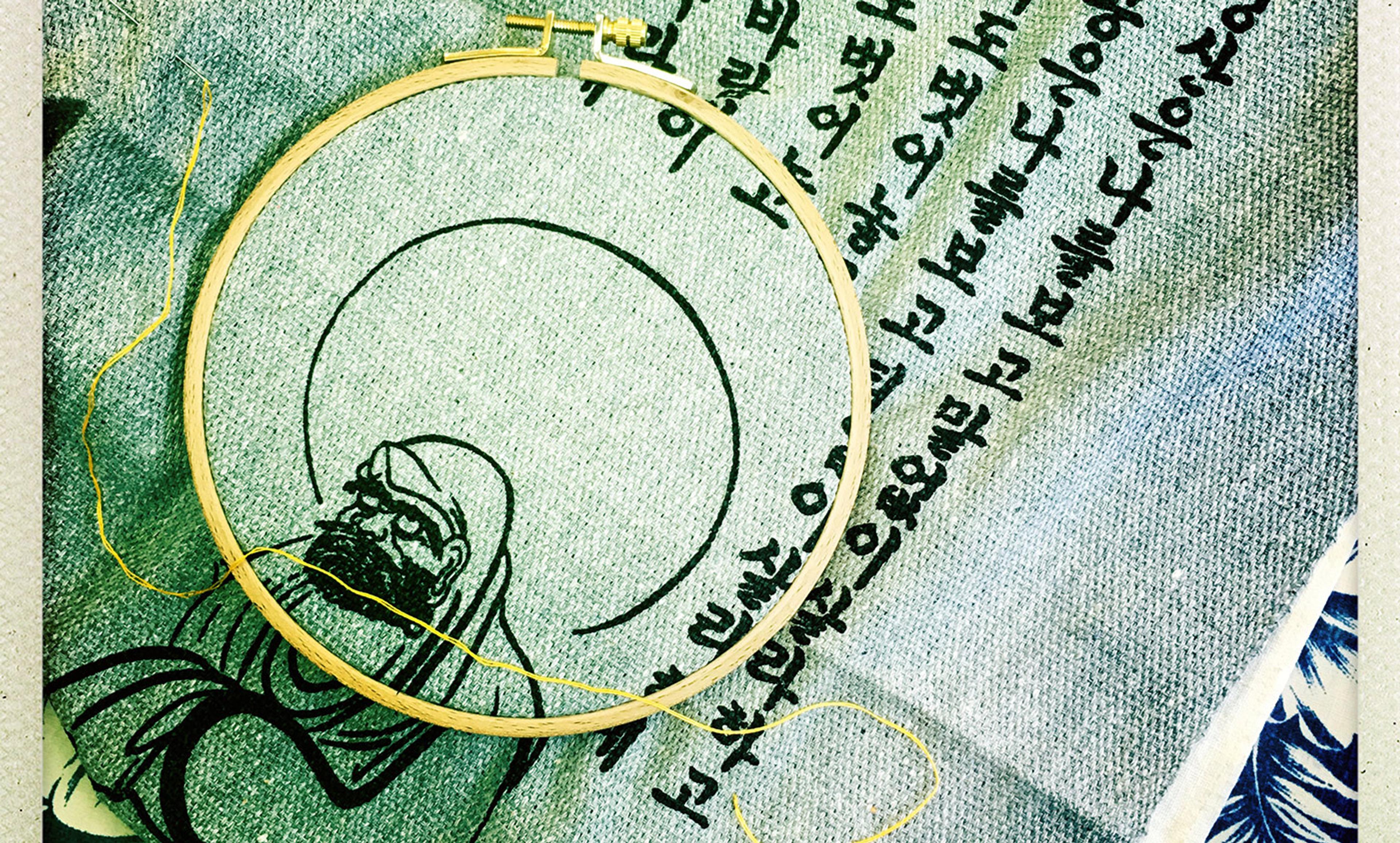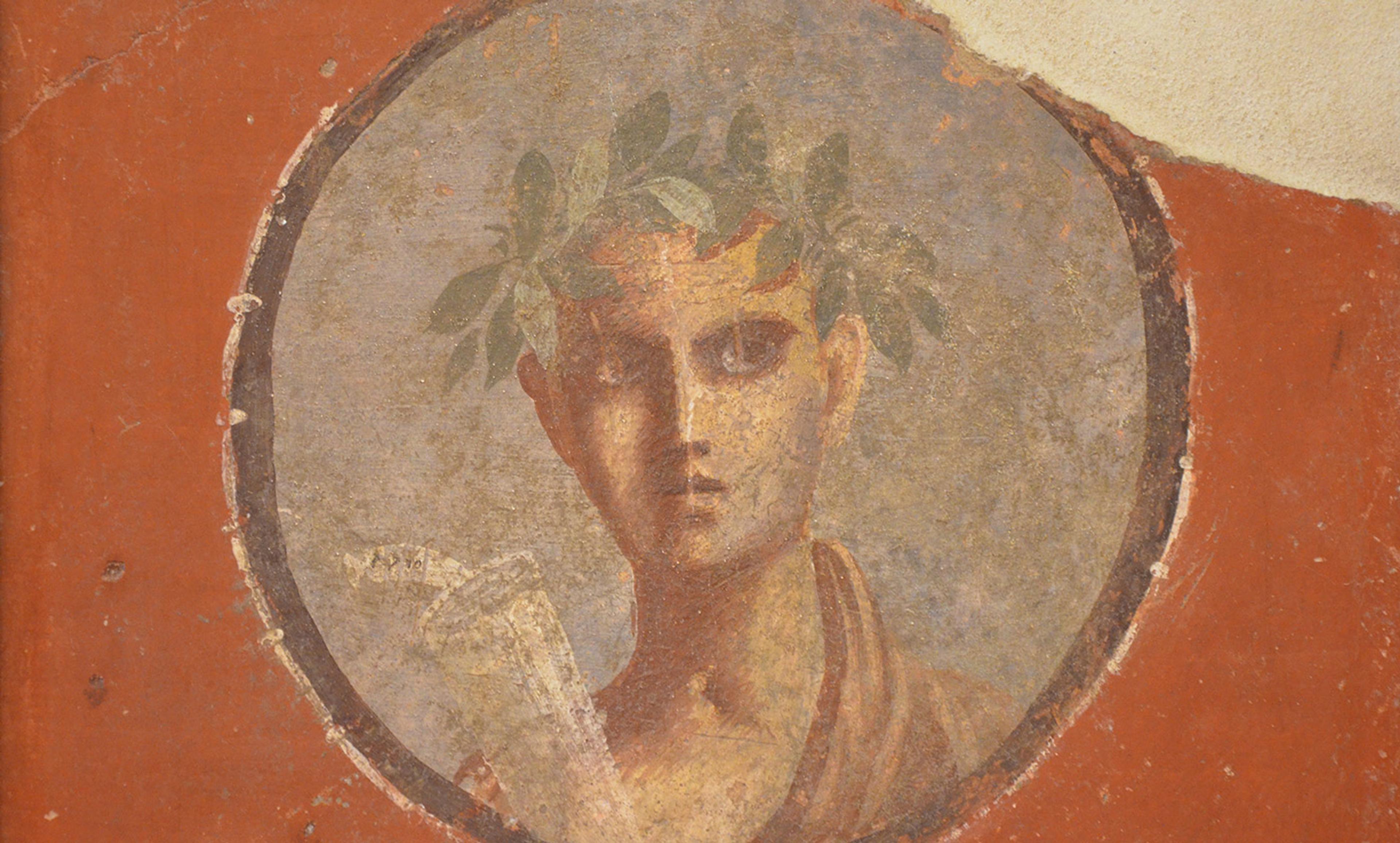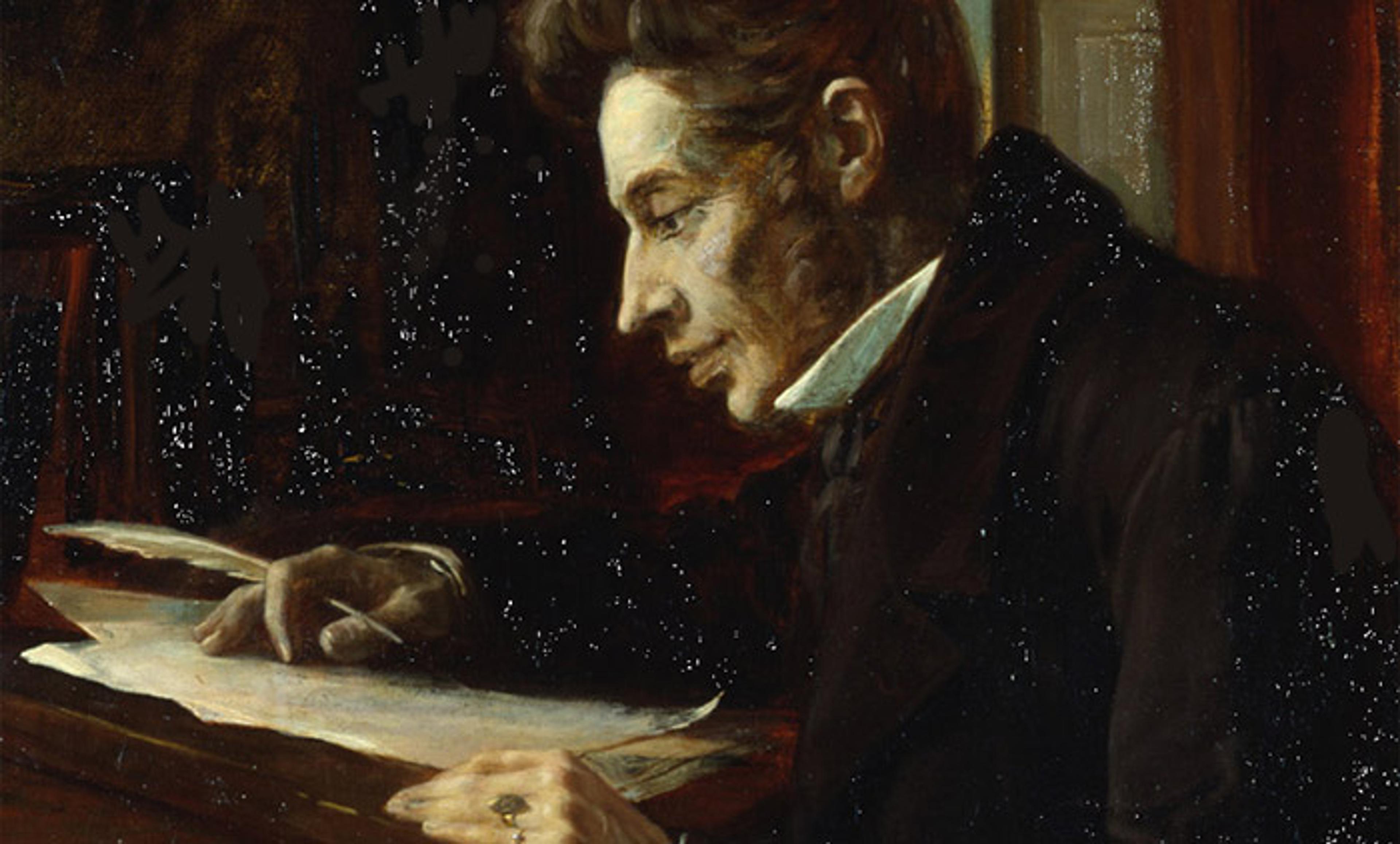Frederick Lang Jnr /Flickr
Philosophy is a remarkably un-diverse discipline. Compared with other scholars who read, interpret and assign texts, philosophers in the United States typically choose a much higher percentage of their sources (often, 100 per cent) from Europe and countries settled by Europeans. Philosophy teachers, too, look homogeneous: 86 per cent of new PhD researchers in philosophy are white, and 72 per cent are male. In the whole country, only about 30 African-American women work as philosophy professors.
In The New York Times’ philosophy blog ‘The Stone’, Jay L Garfield and Bryan W Van Norden recently wrote: ‘No other humanities discipline demonstrates this systematic neglect of most of the civilizations in its domain.’ They urge philosophy departments to diversify their curricula – and, if they can’t or won’t, to rename themselves departments of ‘Anglo-European Philosophical Studies’.
In my own view, philosophy must become more diverse in order to make progress on its fundamental questions. But cultural diversity means something different in philosophy, compared with other humanities disciplines.
The humanities primarily seek to understand what other people mean. Interpretation requires sensitivity, empathy and openness. A humanistic discipline should range across all of human experience, past and present, investigating and learning what people have thought throughout the world.
In contrast, many scientists see themselves as part of one global, culturally neutral, 21st-century community devoted to understanding nature itself. For instance, the physicist Freeman Dyson wrote recently that Fang Lizhi, the late Chinese astrophysicist and dissident, ‘believed passionately in science, not only as an intellectual pursuit of understanding of nature, but also as an international enterprise in which people of diverse cultures and traditions could work together. Scientists throughout the world speak a common language and find it easy to collaborate.’
Dyson implies that although physicists are people who have cultures, physics has its own mode of thought that is progressive and global. Scientific methods combat the biases caused by human beings’ backgrounds so that they can better see nature as it is. If philosophy is like physics in its search for the truth, then it should welcome people from all cultures to pursue it with one special disciplinary ‘language’ of its own.
Garfield and Van Norden call this kind of analogy to science a ‘shabby sophistry’, but it’s worth taking seriously. Why isn’t philosophy like physics?
Philosophy isn’t straightforwardly cumulative or progressive. There are moments of progress in philosophy that take the form of highly convincing arguments that subsequently mustn’t be ignored. But, at least in moral and political philosophy, progress is not obviously linear. Debates recur. Revisiting older views is often highly productive in a way that’s not true in the natural sciences.
Second, although philosophy doesn’t simply march forward, it does benefit from encountering and absorbing new perspectives. In How to Do Things with Pornography (2015), Nancy Bauer emphasises the ‘progress that results when people – and not just professional philosophers – commit themselves to the task of making their own most deeply held assumptions … visible and subjecting them to scrutiny’. Philosophical education is about challenging all people to reason for themselves, and much philosophical scholarship is about finding important ideas in what other people have thought and said.
We broaden our store of such ideas by looking into the past and out to other parts of the world, and also by engaging people who haven’t had a voice in professional philosophy. Bauer decries ‘the arrogance that seems to haunt the enterprise of philosophy’ – an arrogance that I would say is largely about neglecting the importance of most people’s views. Resisting that arrogance, she says, ‘is essential to changing the millennia-old demographic homogeneity of the profession’ and to making ‘philosophical progress’.
Last, ideas about values are embedded in everyday life and informed by people’s local experiences. That means that in order to assess the truth of an idea, one must often understand its context. As Owen Flanagan writes in The Bodhisattva’s Brain: Buddhism Naturalised (2011), differences in moral opinion ‘are to be expected since moral conceptions are … dependent on preexisting aspects of the social, economic, and philosophical climates of different places and times’. What anyone thinks about ‘human nature and the human good’ is part of the whole ‘intellectual, aesthetic, political, and economic climate of a place and time with its own distinctive history’.
So we cannot understand someone else’s philosophical argument without understanding its local climate, and our own arguments are narrow and naive unless we understand other people’s arguments. Therefore, we must understand other people’s intellectual contexts. This all makes philosophy sound like a humanistic discipline, concerned with interpreting what human beings believe and say. But philosophy is different. It treats texts as arguments to be assessed. It is not relativist.
The question that a philosopher poses about any text – whether it’s an article in a current philosophy journal or an ancient Indian sutra – is whether the argument is right. In fact, I would define philosophy not as the study of a genre of texts (ie works of philosophy), but rather as a discipline that addresses works in any genre by asking whether they present valid arguments.
This means that not every human community practises philosophy. Philosophy is a particular way of thinking that has a history, or a set of parallel histories in various parts of the world. Yet it takes as its material the arguments that human beings have proposed about fundamental questions. This definition of philosophy demands that it takes into consideration arguments from the widest range of people.
I had no background in classical Indian philosophy, but have dipped my toe in lately. Given my linguistic limitations, I’ve mostly read works by North American scholars who analyse ancient South Asian writers: works such as The Bodhisattva’s Brain, Mark Siderits’s Buddhism as Philosophy (2007), Barbara Stoler Miller’s 1986 translation of the Bhagavad-Gita, and Pankaj Mishra’s An End to Suffering: The Buddha in the World (2004).
I appreciate those works in an anti-relativist way. The point is not that different people happen to see the world differently and we ought to understand everyone. Rather, the Buddha or the Gita might be correct. The best way to find out is to engage with their arguments critically – while taking into account their local contexts, because everyone thinks in a context. To ignore such sources is to practise philosophy poorly. It is also to exhibit a particular kind of arrogance that, as Bauer argues, helps to explain why philosophy remains, to its detriment, so homogenous and so provincial.






